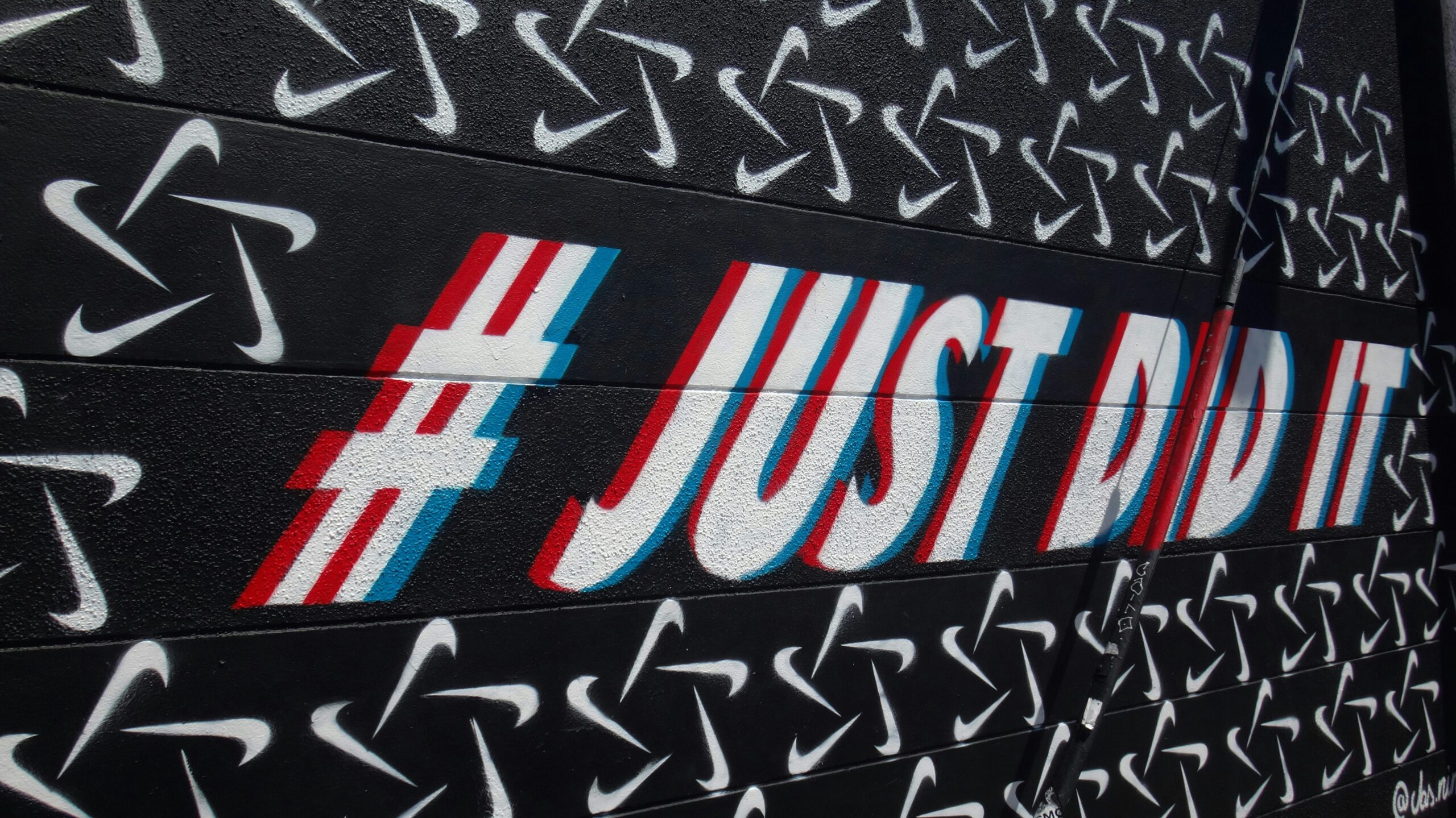Under U.S. Trademark law, there is no legal limit to the number of words or characters that can be considered a “phrase” for trademark purposes. So, in theory, you could try to register a trademark for a 100-character phrase. And, occasionally, over the years, applicants have tried to register trademarks with very long phrases. In one famous example, an applicant tried to register a phrase that was literally thousands of characters long. The application was denied, the denial was affirmed by the Trademark Trial and Appeal Board, and that denial was affirmed by the U.S. federal court to which the denial was appealed.
The problem with a long phrase is that, very quickly, the phrase becomes too long to serve as a trademark. A trademark only serves or functions as a trademark if it creates an association in a consumer’s mind between a commercial source and a product or service. There are two aspects here. First, consumers must remember the phrase and then, second, consumers must associate the phrase with a given product or service. Generally, the longer the phrase, the less likely consumers are to remember the words and, therefore, the less likely they are to associate the long phrase with a product or service. Legally, this is called “failure to function as a trademark” and was the reason for denying registration for the proposed trademark that was thousands of characters long.
Most registered phrases are very short, containing, at most, a handful of words and being 25 characters or less. Most are quite short, with only 2 or 3 words and less than 10 characters. But longer registered phrases are certainly common. Here are a few famous longer phrases that are registered trademarks with their character counts:
- “LET’S GET READY TO RUMBLE”– Ready to Rumble LLC (Michael Buffer) — 25
- “IT’S ON LIKE DONKEY KONG” — Nintendo — 24
- “IT’S FINGER LICKIN’ GOOD” – KFC — 24
- “A DIAMOND IS FOREVER” – Da Beers — 20
- “BECAUSE YOU’RE WORTH IT” – L’Oreal — 23
- “MAY THE FORCE BE WITH YOU” — Lucasfilms — 25
- “’CAUSE WE NEVER GO OUT OF STYLE” — Taylor Swift — 31
As most readers will agree, these longer phrases seem to function as trademarks. We remember them, and some association is brought to mind with respect to a product or service. But, at the same time, we can probably agree that if the phrases get substantially longer, their effectiveness as trademarks will begin to falter.
Other reasons a longer phrase might be denied registration
Aside from failing to function as a trademark, there are many other reasons that an application might be denied. These include:
- Lack of distinctiveness — this is also a “failure to function” reason since only trademarks (including phrases) that are distinctive and unique will function as trademarks; to overcome this objection, the phrase will need to acquire a secondary meaning
- Just a common phrase — some phrases will never be allowed as trademarks because they are just common phrases
- Too similar to an existing phrase trademark — trademarks must be unique and cannot be too similar — confusingly similar — to an existing trademark
- Legal prohibitions — trademarks are rejected if they violate the statutory rules
Contact the Trademark Attorneys at Revision Legal
For more information, contact the experienced Trademark Lawyers at Revision Legal. You can contact us through the form on this page or call (855) 473-8474.




